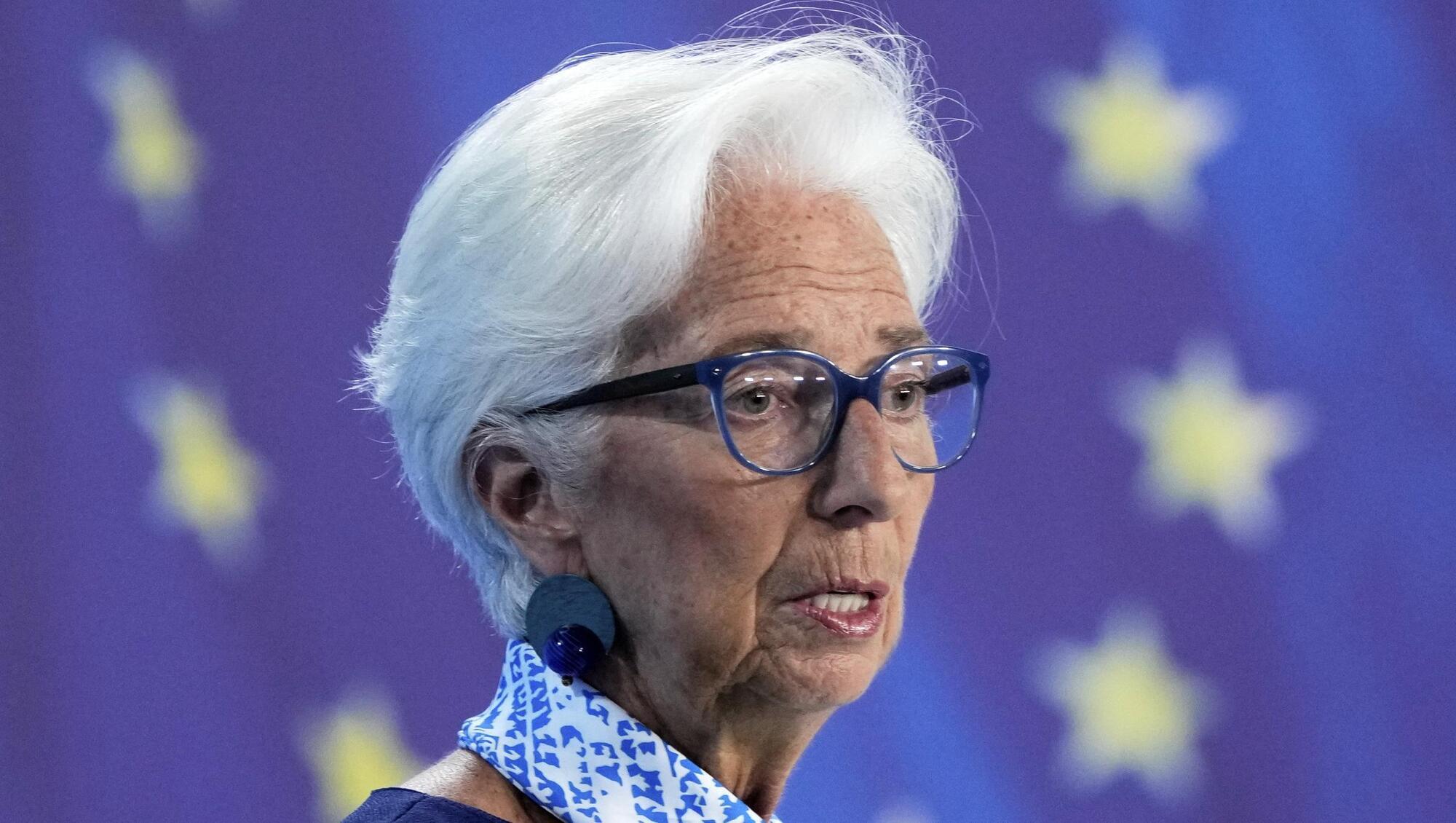La autonomía de los bancos centrales ha sido durante mucho tiempo un pilar fundamental para la estabilidad económica, actuando como un resguardo contra la interferencia política en la política monetaria. Recientemente, la presidenta del Banco Central Europeo, Christine Lagarde, enfatizó este principio con una advertencia clara: cualquier debilitamiento de la autonomía de la Reserva Federal generaría riesgos importantes para los mercados financieros, el crecimiento económico y la confianza pública en las instituciones. Su declaración refleja una creciente preocupación entre los economistas de que la independencia de los bancos centrales, anteriormente considerada un hecho, enfrenta presiones sin precedentes en un escenario global que cambia rápidamente.
Lagarde’s remarks come at a time when central banks worldwide are navigating a delicate balancing act. After years of low interest rates, quantitative easing, and extraordinary measures to stabilize economies during the pandemic, monetary authorities now face the challenge of taming inflation without triggering a deep recession. The Federal Reserve, in particular, has been at the center of this effort, raising rates to control price growth while monitoring the potential impact on employment and financial stability.
In this context, political voices have become increasingly vocal about monetary policy decisions. Some argue that interest rates remain too high, placing unnecessary strain on households and businesses. Others insist that a premature loosening of policy could reignite inflationary pressures. Lagarde’s warning addresses the danger of allowing such debates to dictate central bank actions, emphasizing that monetary policy must be based on data and long-term objectives rather than short-term political gains.
History offers numerous examples of the consequences when monetary policy becomes politicized. When governments exert pressure on central banks to keep rates artificially low, the result often includes runaway inflation, currency devaluation, and the erosion of investor confidence. Conversely, overly restrictive measures driven by political agendas can stifle growth and deepen economic downturns. Lagarde’s comments remind policymakers that the credibility of institutions like the Federal Reserve depends on their ability to operate free from partisan influence.
The Federal Reserve’s independence is not merely a legal formality but a key factor in maintaining global financial stability. Investors and markets rely on predictable, evidence-based decisions from central banks. Any perception that those decisions are influenced by political cycles could undermine confidence in the U.S. economy, destabilize currency markets, and create ripple effects across international trade and investment flows. Lagarde’s remarks, therefore, highlight an issue that extends beyond American borders, touching on the interconnected nature of the global economy.
Although the independence of central banks is considered crucial, it still faces examination and criticism. Political leaders frequently express dissatisfaction when policy choices clash with their fiscal goals or campaign assurances. In the past few years, the emergence of populist movements has strengthened demands for increased political influence over economic controls, such as monetary policy. These demands grow stronger in times of economic difficulty, when the public desires swift solutions to increasing expenses or unemployment, and politicians search for methods to provide rapid outcomes.
Lagarde’s perspective aligns with a long-standing consensus among economists: short-term political interference tends to produce long-term instability. Monetary policy operates on delayed effects, meaning that actions taken today influence inflation, employment, and growth months or even years later. Politically motivated decisions, however, often prioritize immediate benefits over future consequences, creating a cycle of volatility that undermines sustainable economic progress.
Another critical aspect of this debate involves public perception. Trust in financial institutions is already fragile in many parts of the world, eroded by crises and scandals over the past two decades. If the public begins to view central banks as extensions of political power rather than independent guardians of economic health, confidence in the broader financial system could deteriorate. Such a shift would complicate efforts to manage crises, as credibility is a vital tool in calming markets during periods of uncertainty.
The issue of independence is also intertwined with transparency and responsibility. Some detractors claim that providing central banks with excessive freedom could shield them from democratic observation. Supporters, however, argue that independence is not synonymous with absence of responsibility; instead, it guarantees that choices are guided by knowledge and information rather than political convenience. Lagarde’s remarks imply that maintaining independence should be accompanied by effective communication, strong governance, and means for public examination that enhance legitimacy without undermining operational freedom.
The recent direction taken by the Federal Reserve underscores the significance of this principle. Confronted with inflation levels not experienced in many years, the Fed adopted assertive rate increases to control price levels. These actions were not well-received in some political areas since they elevated borrowing costs for both consumers and companies. Nonetheless, central bankers contended that not acting resolutely would permit inflation to escalate further, eventually resulting in more substantial damage to the economy. This situation highlights the necessity for independence: challenging choices frequently demand emphasizing long-term steadiness over immediate popularity.
Lagarde’s cautionary message echoes beyond Washington. Across the globe, central banks encounter similar issues as governments increase public expenditure, and international tensions disturb commercial and energy sectors. In this context, the drive for political figures to sway monetary choices becomes more compelling. Whether in developing regions or established economies, upholding the autonomy of institutions is crucial to avoiding policy errors that might intensify worldwide instability.
In the end, the discussion surrounding central bank independence highlights a wider conflict between technocratic administration and democratic responsibility. Although elected leaders are accountable for the state of the economy, central banks operate as dedicated organizations established to protect monetary decisions from the varying tides of party politics. Lagarde’s statement acts as a reminder that diminishing this protection might not only harm economic results but also threaten the stability of democracy itself.
As the world navigates an era marked by inflationary shocks, digital currency innovations, and heightened geopolitical risk, the role of independent central banks becomes even more critical. They are tasked with steering economies through uncertainty while maintaining trust in the stability of currencies and financial systems. Any compromise on their independence would not only pose immediate dangers but also sow the seeds of future crises—an outcome that policymakers and citizens alike can ill afford.
Lagarde’s statements should not be viewed merely as a warning but as an appeal to reinforce one of the fundamentals of contemporary economic management. During periods of swift evolution and political division, the urge to weaken institutional protections becomes tangible. Maintaining the independence of central banks such as the Federal Reserve is not only a matter of principle—it is essential for enduring growth, price stability, and trust in the global economy.




